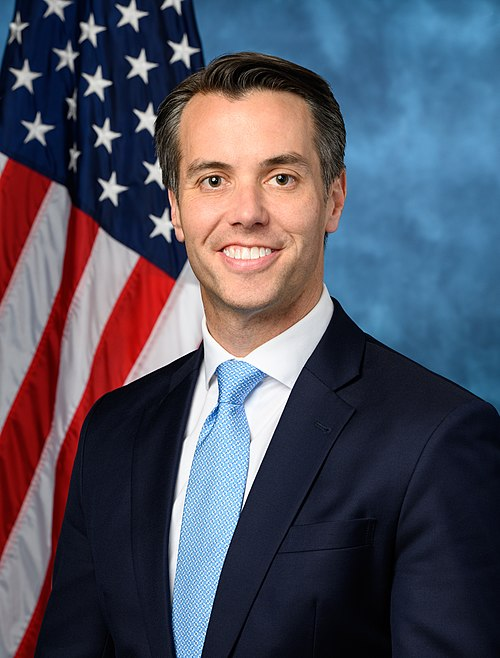H.R. 2353: Safer Skies Act of 2025
This legislation, known as the Safer Skies Act of 2025, aims to enhance security measures for certain air carrier operations in the United States. The key components of the bill are as follows:
Overview of Security Screening Requirements
The bill mandates that within 360 days of its enactment, specific air carrier operations will be required to adhere to updated security screening protocols as outlined under the Aircraft Operator Standard Security Program. This is meant to bolster security for air travel, particularly for operations that currently are not subject to strict Transportation Security Administration (TSA) measures.
Definition of Covered Air Carrier Operations
The bill specifies which air carrier operations will be affected by these new security requirements. "Covered air carrier operations" are defined as operations that:
- Operate under specific regulations managed by the Federal Aviation Administration (FAA), especially parts 135 and 380.
- Conduct common carriage passenger-carrying services for compensation or hire, where the carrier offers individual seat reservations in advance and provides publicly available schedules that include details about departure and arrival.
- Use aircraft that have more than nine passenger seats.
- Do not operate their boarding and deplaning processes through TSA-managed checkpoints.
Role of the Transportation Security Administration
The Administrator of the TSA will be responsible for updating existing rules, guidance, or policies in line with the requirements set forth in the bill. This means the TSA will revise its security protocols to ensure that the covered air carrier operations comply with the new standards established by the legislation.
Implementation Timeline
The TSA must implement these updated security measures within 360 days of the bill becoming law, which emphasizes a prompt response to enhance airborne passenger safety.
Impact on Air Carrier Operations
By mandating these changes, the bill seeks to enhance the security landscape for air travel, particularly for smaller airlines or charter services that may not have been required to follow the same stringent security procedures as larger commercial airlines. This could lead to more rigorous screening for passengers, luggage, and the overall operational practices of these air carriers.
Relevant Companies
- AAL (American Airlines Group) - As an air carrier that operates large numbers of flights, it could be indirectly affected by changes in industry security standards and competition from smaller carriers that may face new regulations.
- DAL (Delta Air Lines) - Similar to American Airlines, Delta may also face competitive pressures due to changes in security requirements affecting smaller regional airlines.
- UAL (United Airlines) - As a major airline, any changes in security policy could impact operational protocols and customer experience.
This is an AI-generated summary of the bill text. There may be mistakes.
Sponsors
43 bill sponsors
-
TrackNicholas A. Langworthy
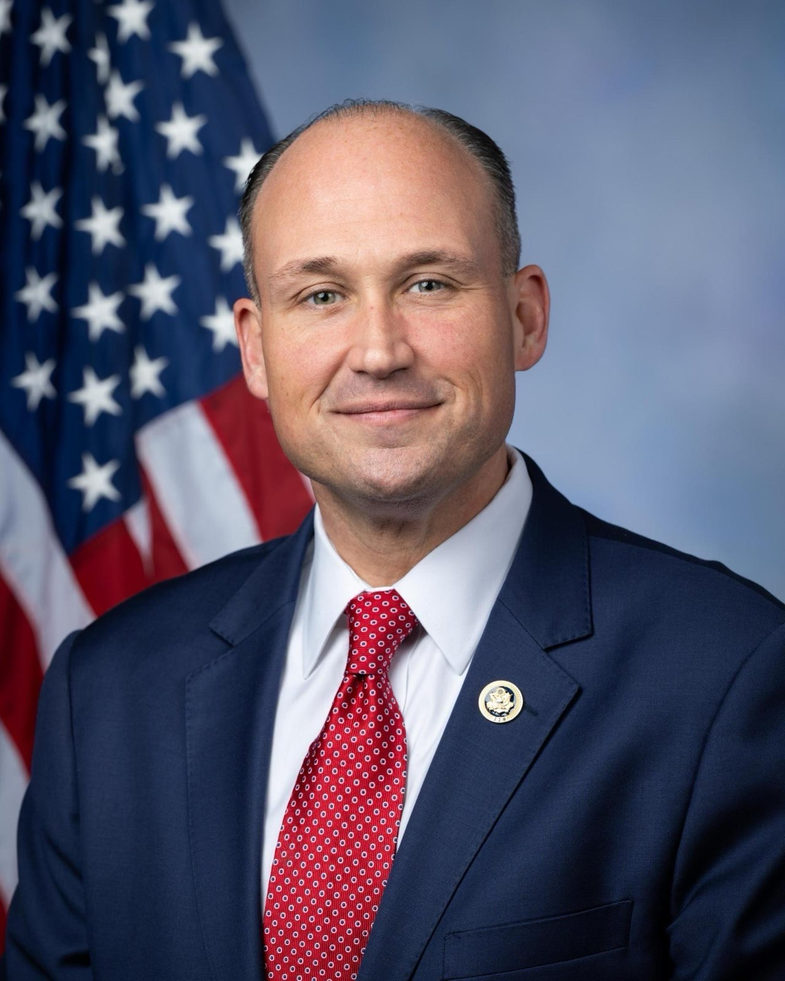
Sponsor
-
TrackDon Bacon
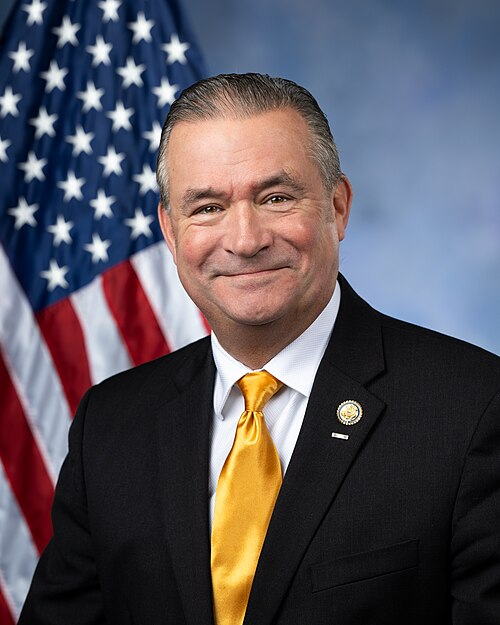
Co-Sponsor
-
TrackJack Bergman
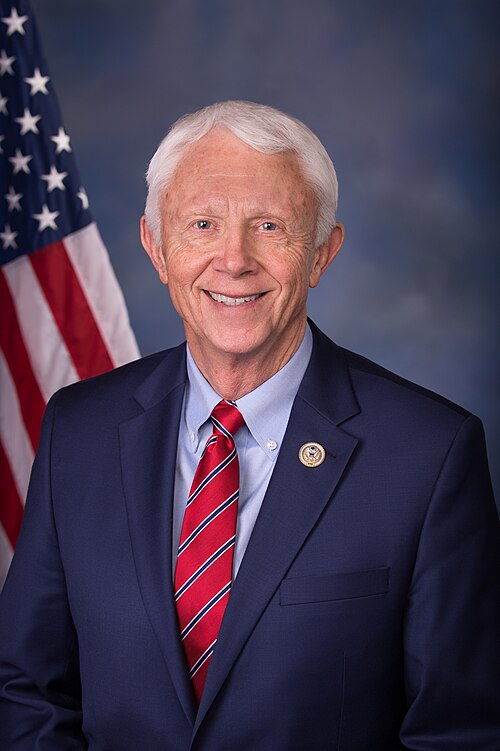
Co-Sponsor
-
TrackStephanie I. Bice
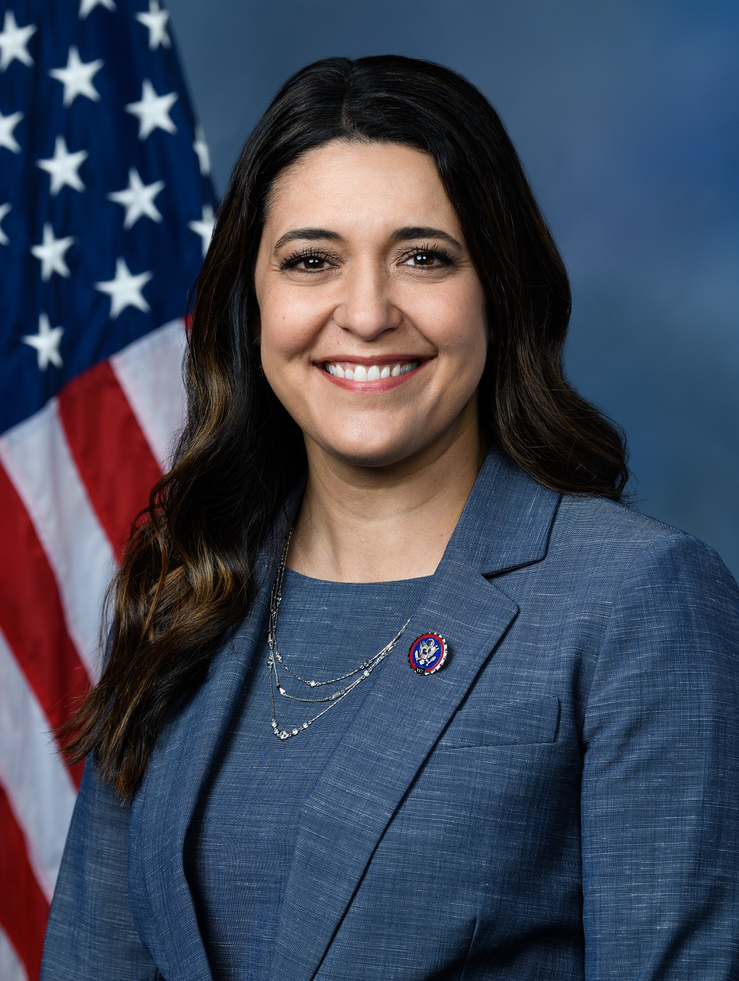
Co-Sponsor
-
TrackGus M. Bilirakis

Co-Sponsor
-
TrackMike Bost
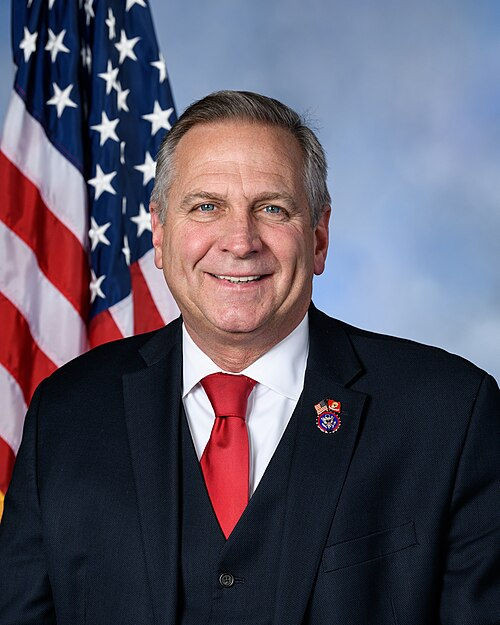
Co-Sponsor
-
TrackRobert Bresnahan

Co-Sponsor
-
TrackTroy A. Carter
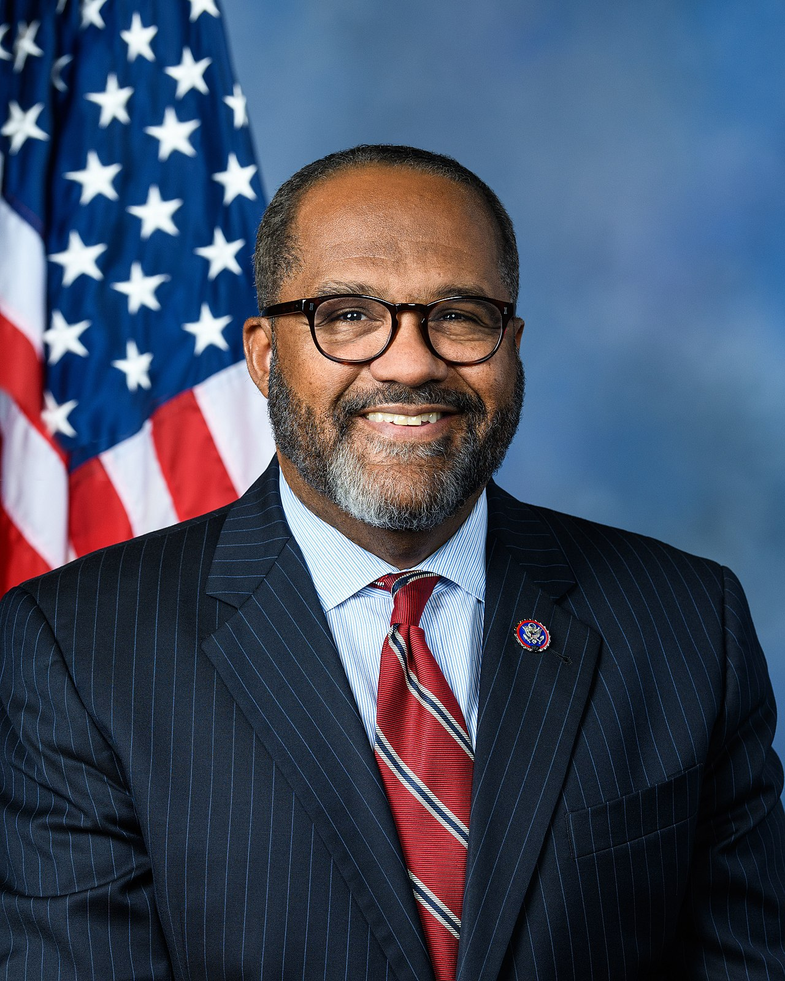
Co-Sponsor
-
TrackAngie Craig
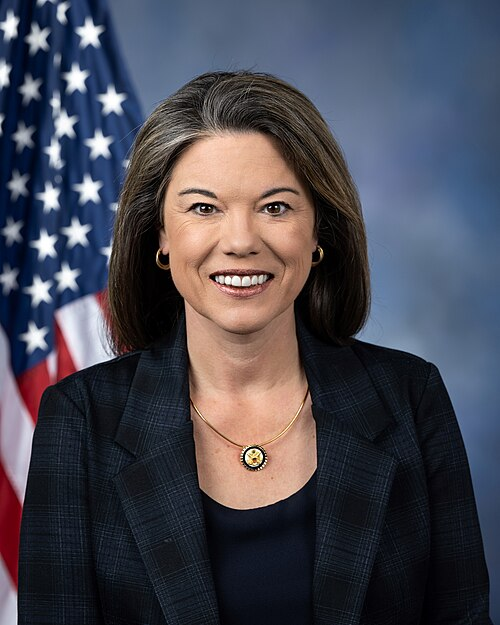
Co-Sponsor
-
TrackDonald G. Davis
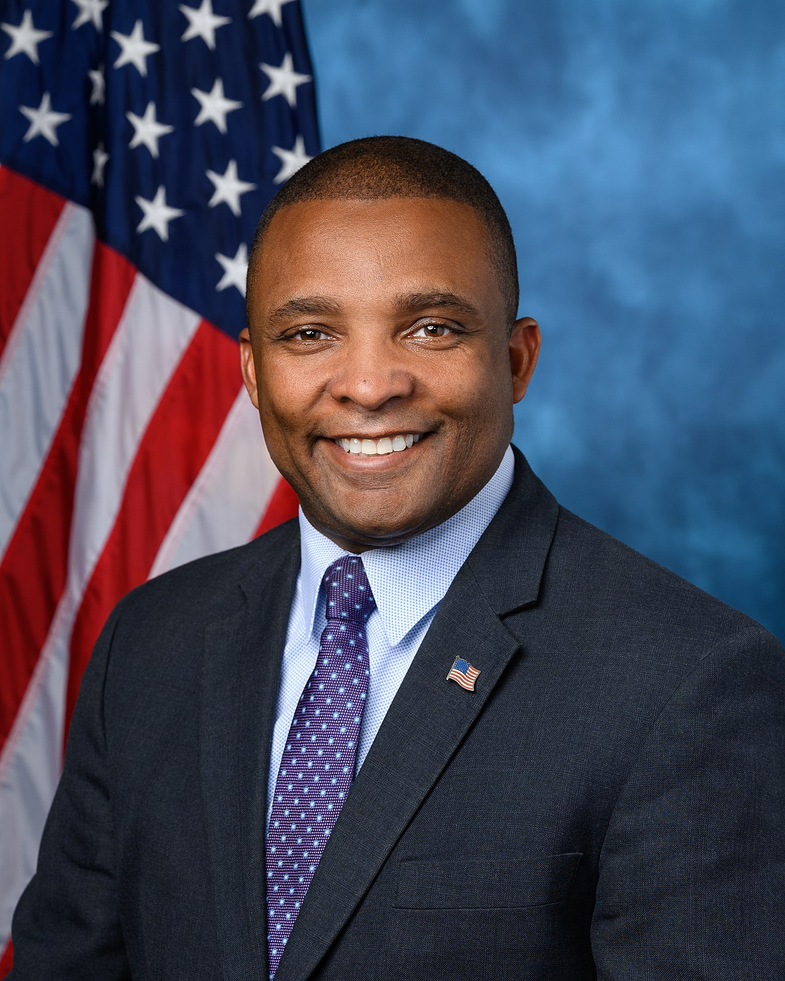
Co-Sponsor
-
TrackJake Ellzey
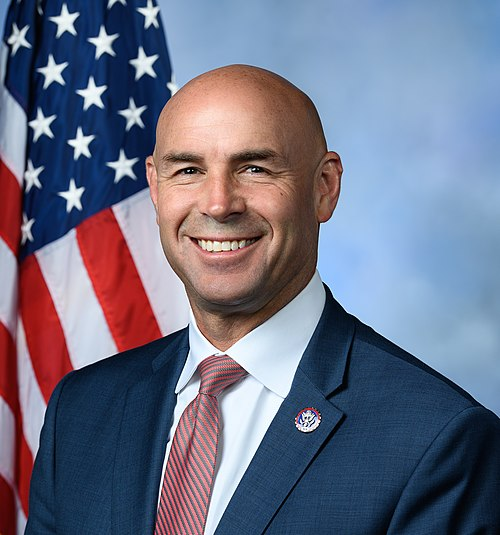
Co-Sponsor
-
TrackBrian K. Fitzpatrick
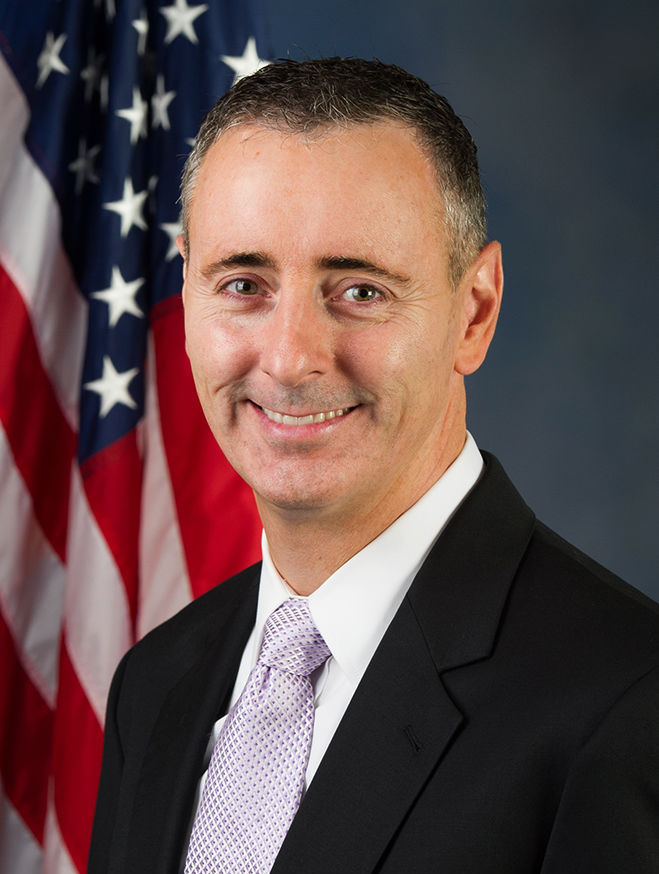
Co-Sponsor
-
TrackAndrew R. Garbarino
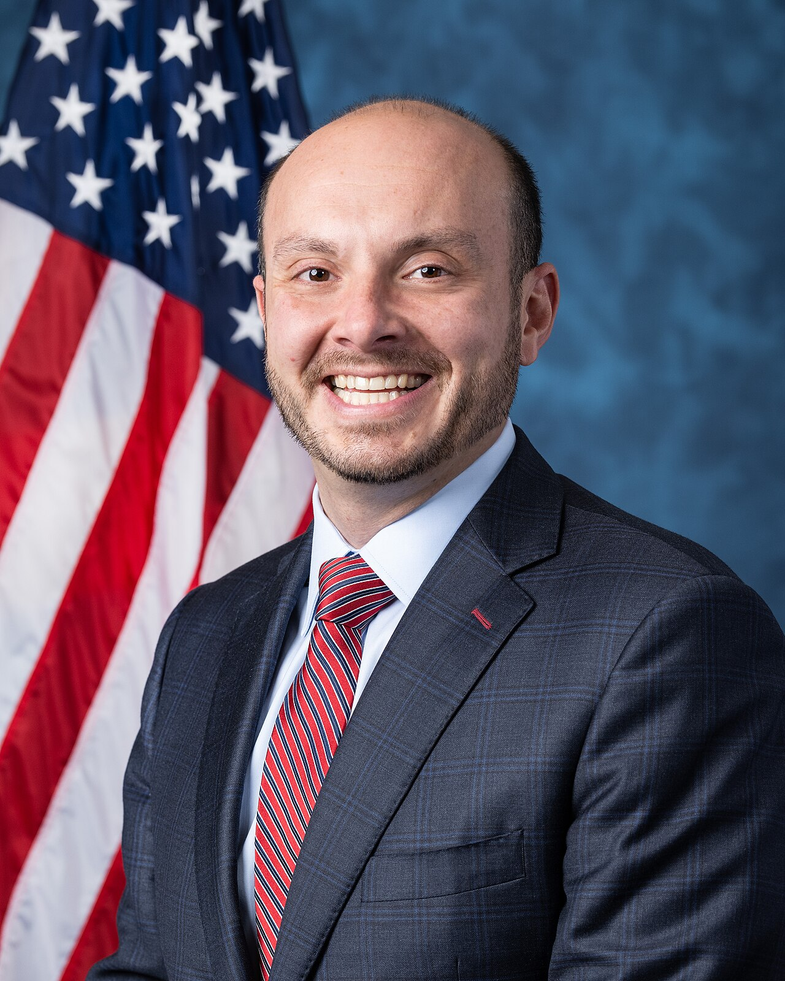
Co-Sponsor
-
TrackCarlos A. Gimenez

Co-Sponsor
-
TrackCraig Goldman
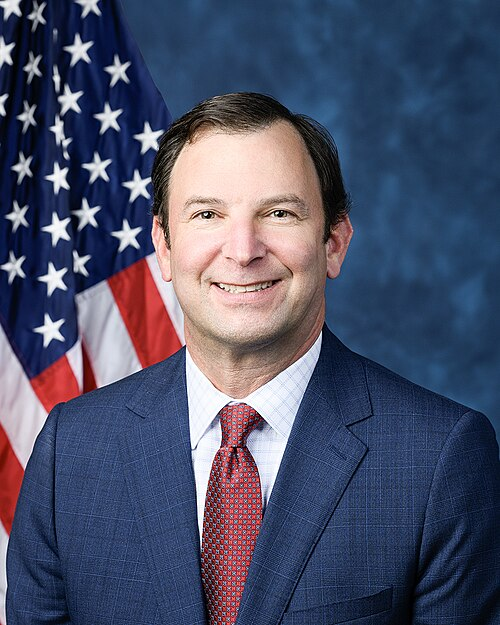
Co-Sponsor
-
TrackDaniel S. Goldman
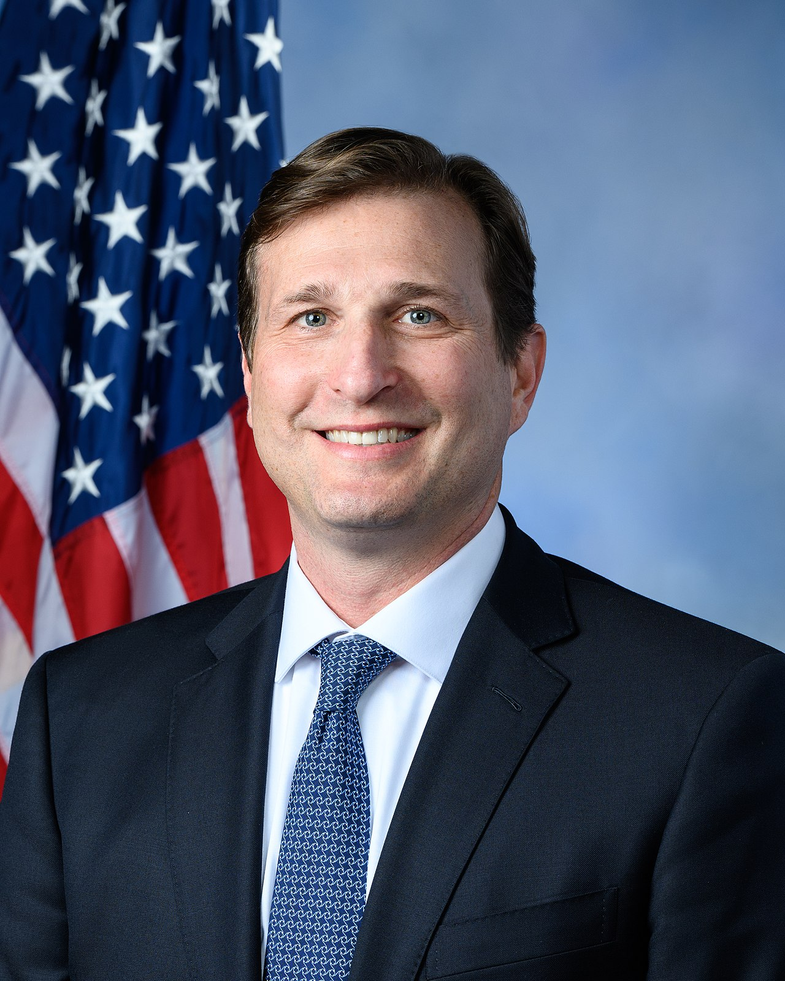
Co-Sponsor
-
TrackThomas H. Kean, Jr.
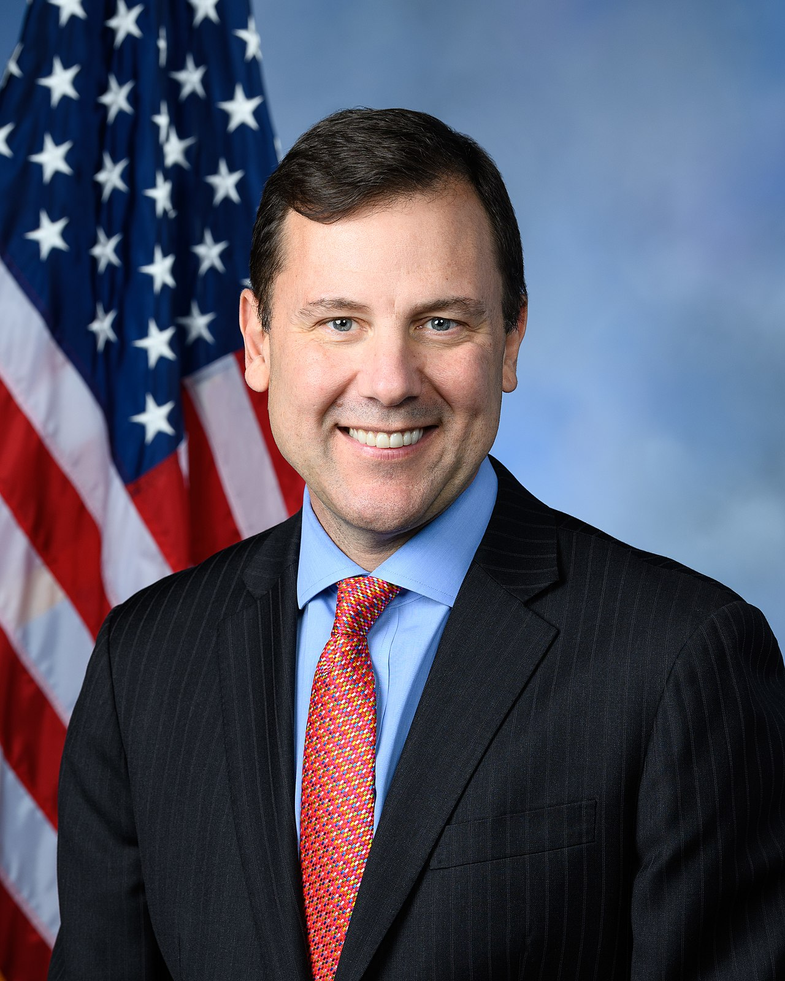
Co-Sponsor
-
TrackNick LaLota
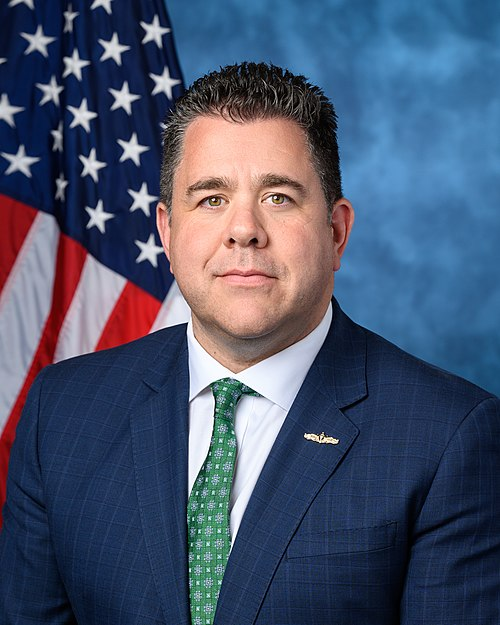
Co-Sponsor
-
TrackGeorge Latimer
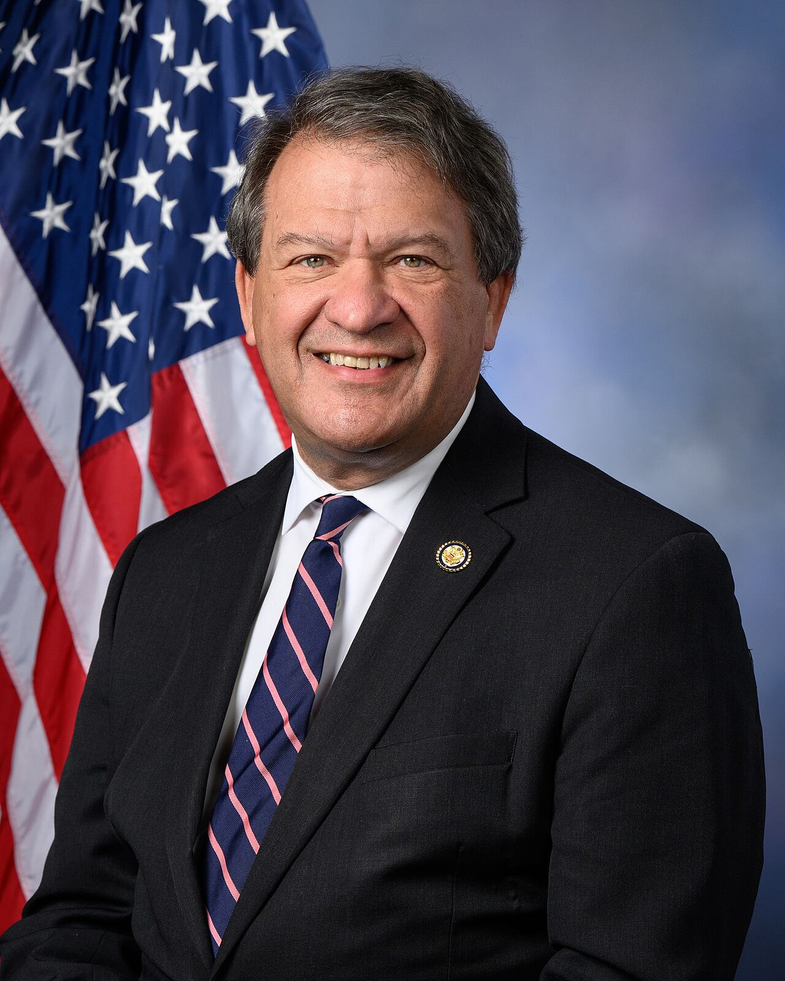
Co-Sponsor
-
TrackMichael Lawler
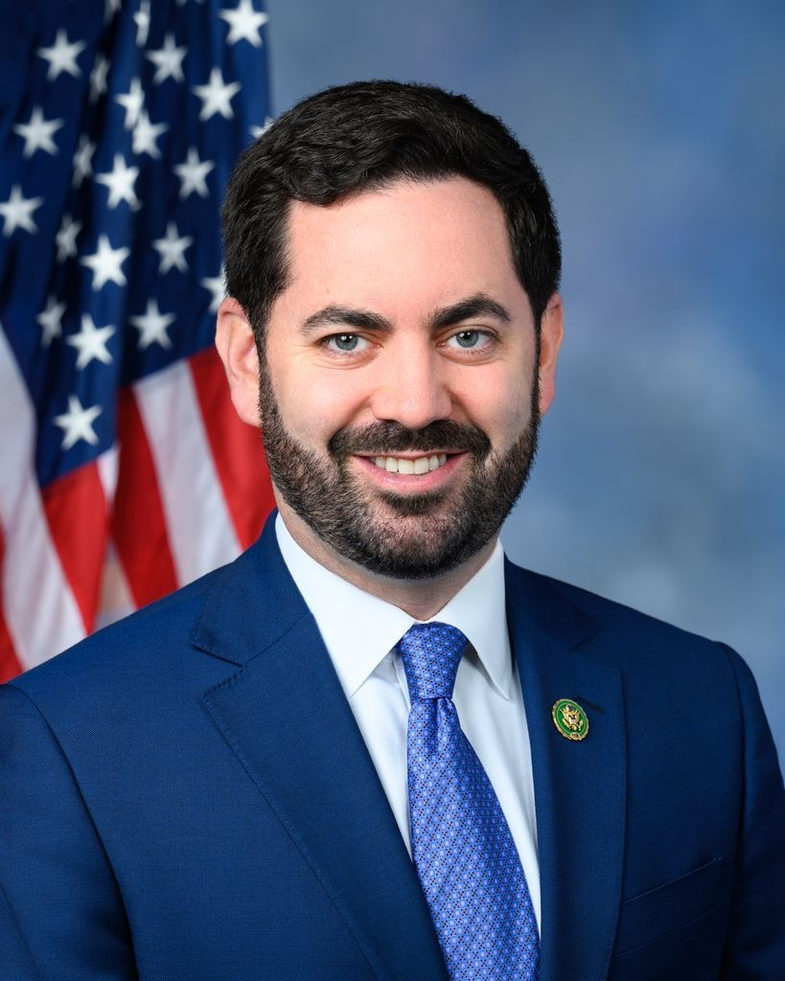
Co-Sponsor
-
TrackRyan Mackenzie
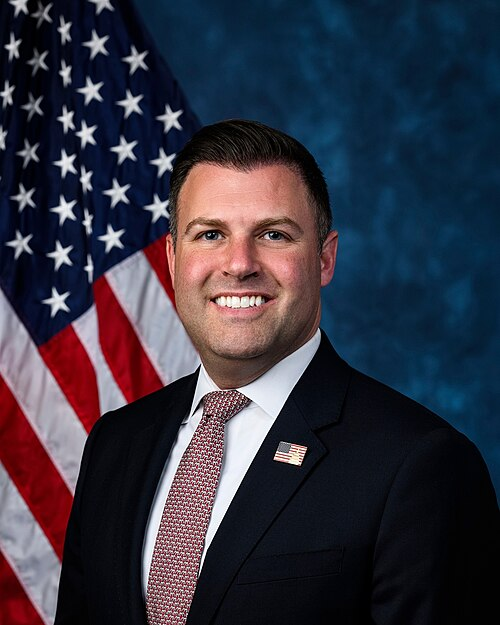
Co-Sponsor
-
TrackNicole Malliotakis
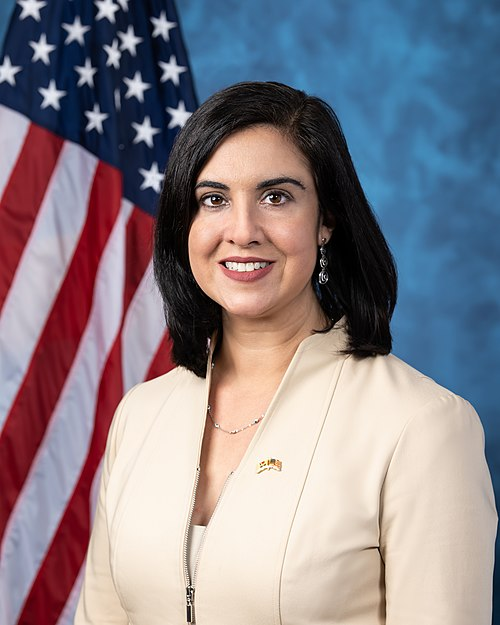
Co-Sponsor
-
TrackTracey Mann
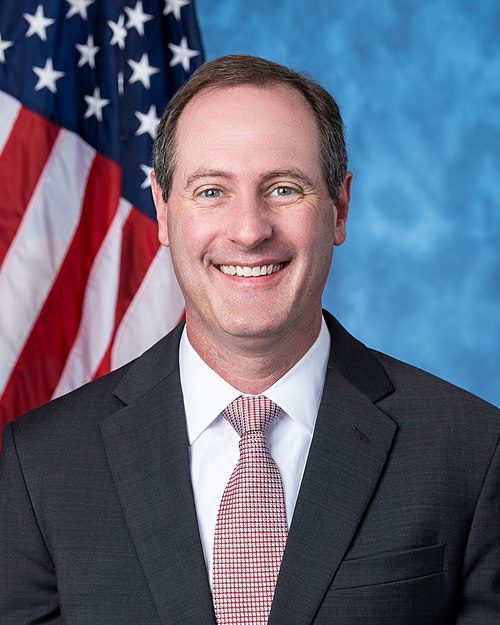
Co-Sponsor
-
TrackLucy McBath
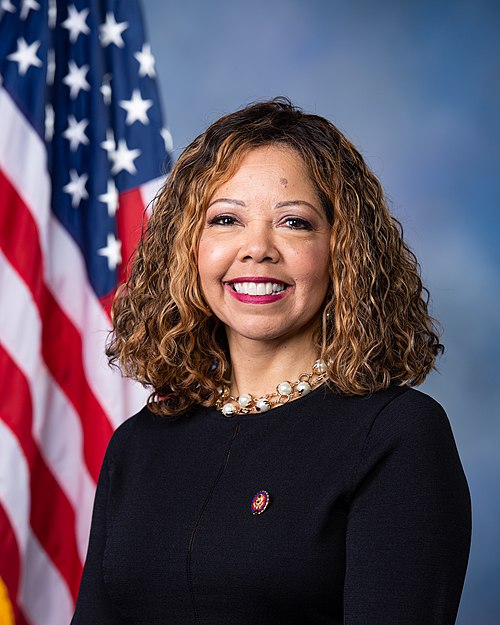
Co-Sponsor
-
TrackLaMonica McIver
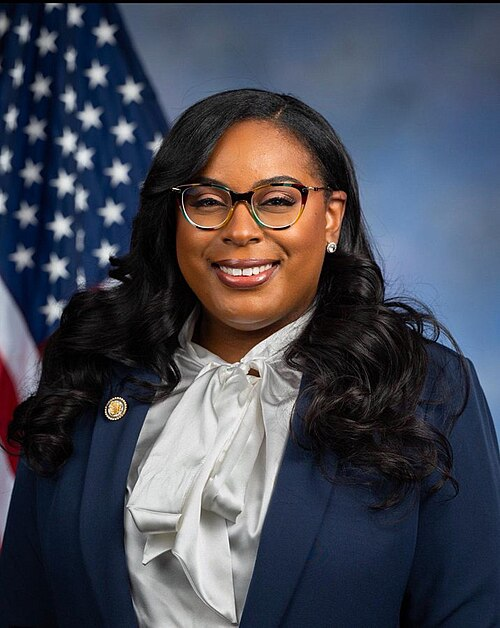
Co-Sponsor
-
TrackRobert Menendez
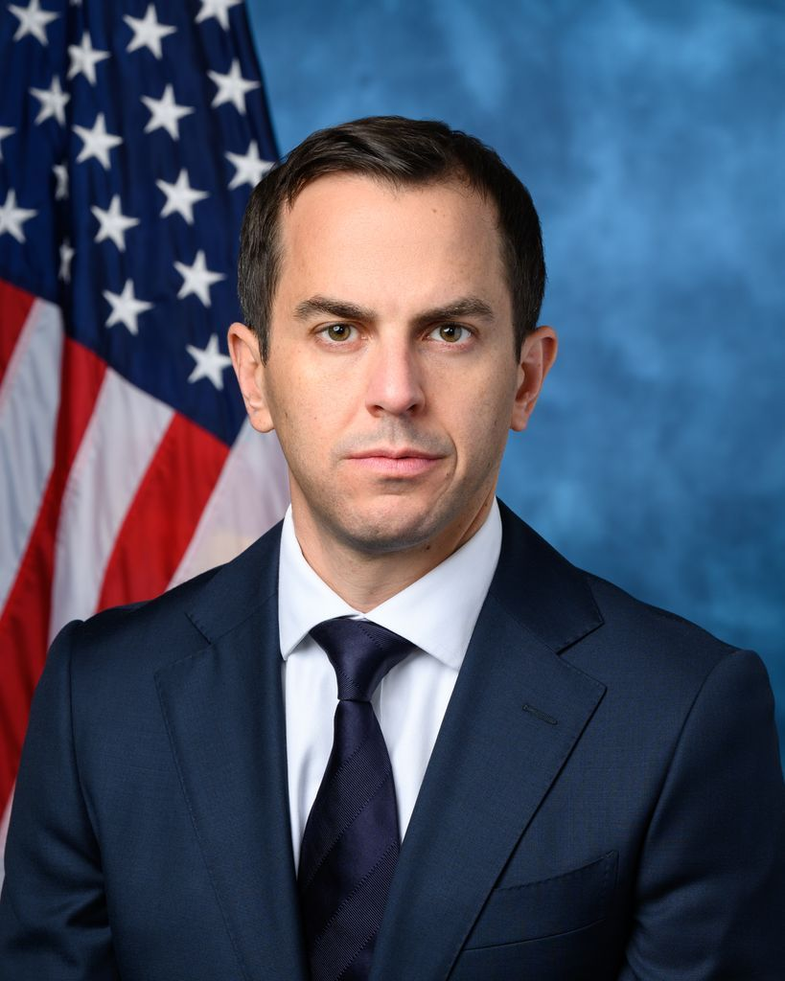
Co-Sponsor
-
TrackJerrold Nadler
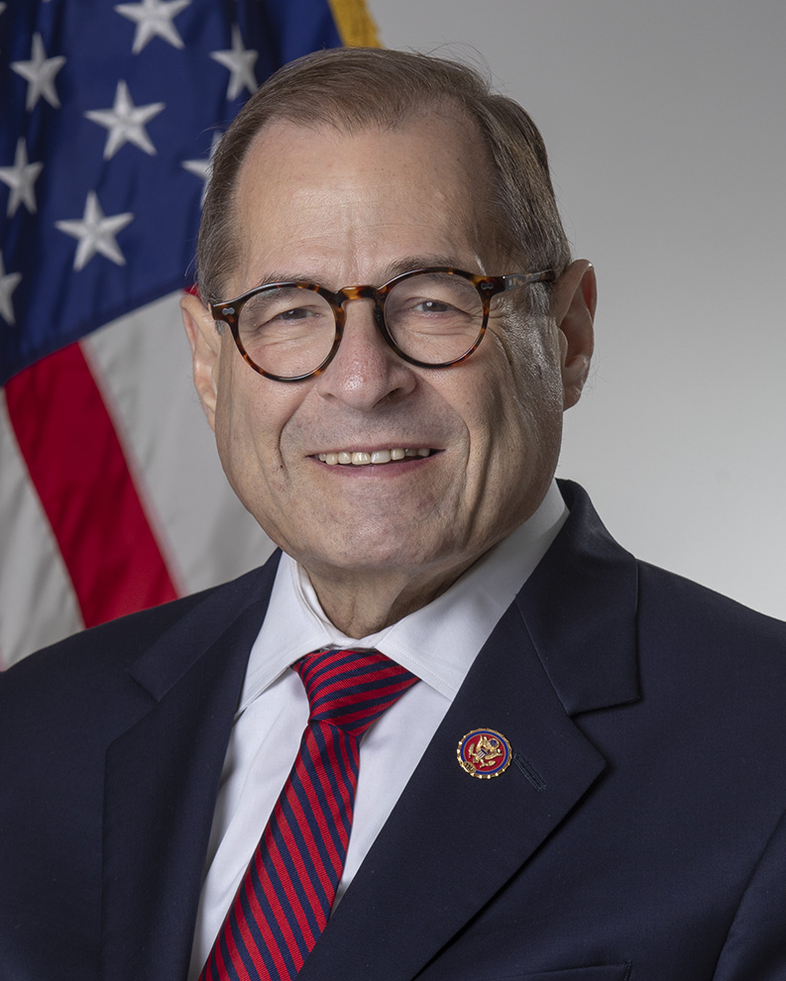
Co-Sponsor
-
TrackEleanor Holmes Norton

Co-Sponsor
-
TrackChris Pappas
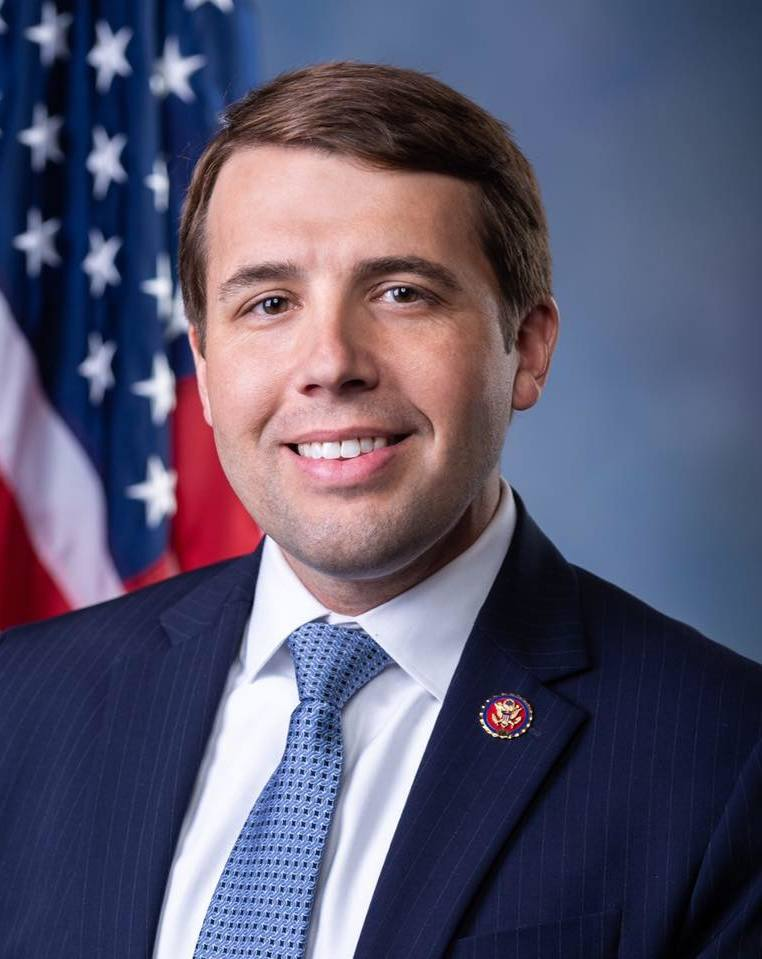
Co-Sponsor
-
TrackMike Quigley
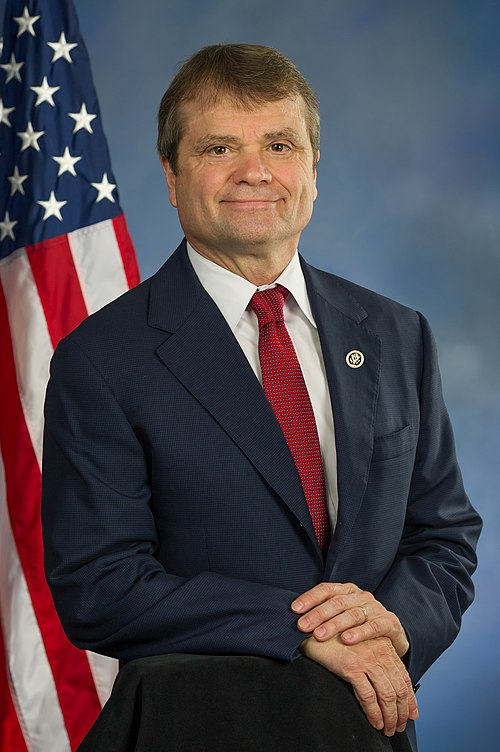
Co-Sponsor
-
TrackHillary J. Scholten
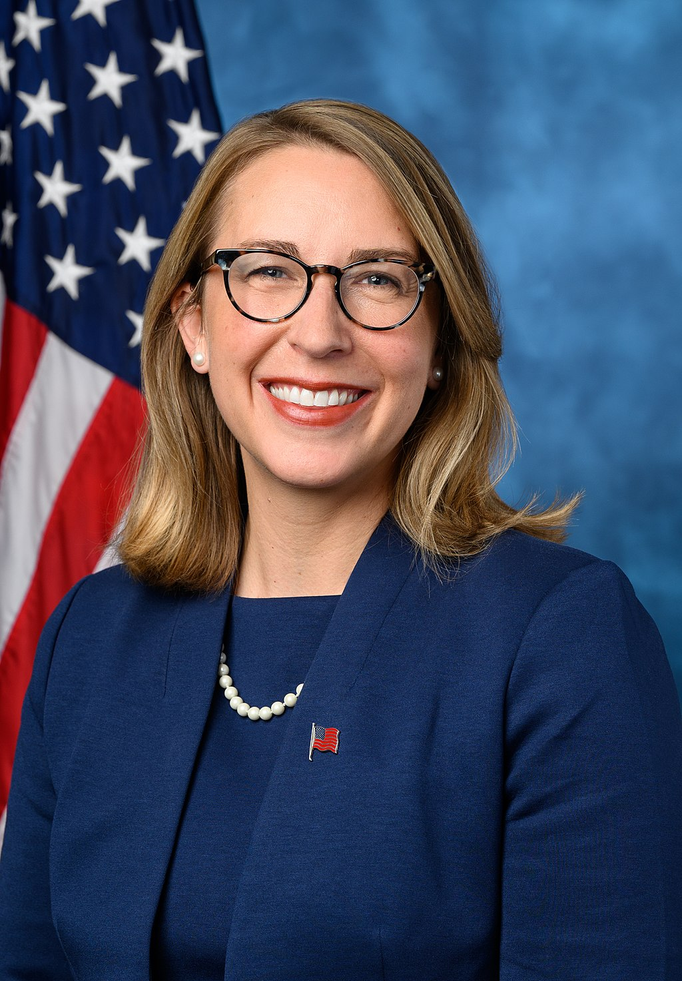
Co-Sponsor
-
TrackChristopher H. Smith
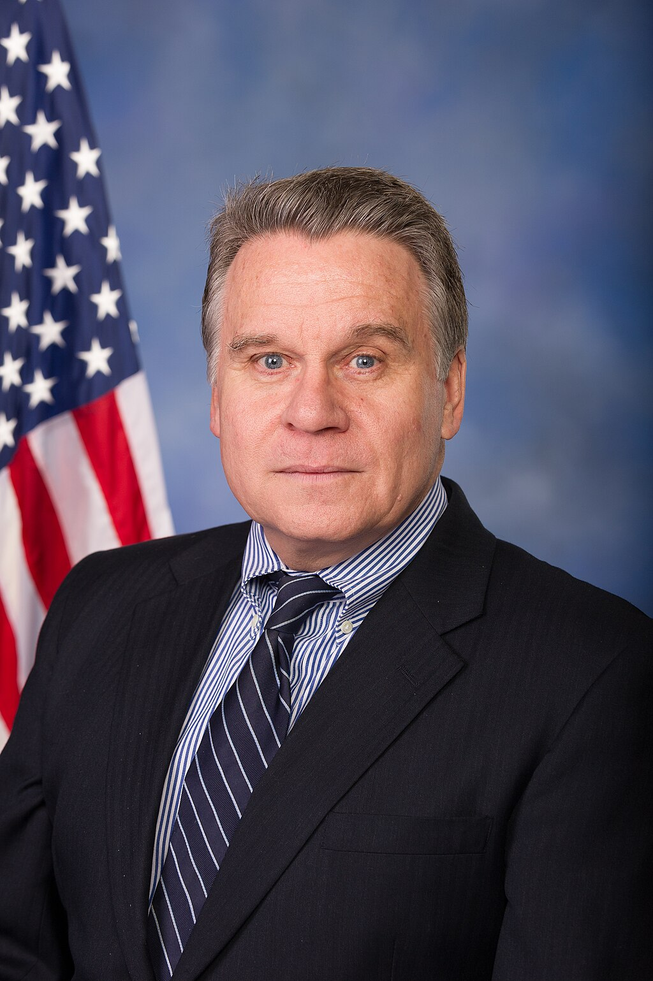
Co-Sponsor
-
TrackAdam Smith
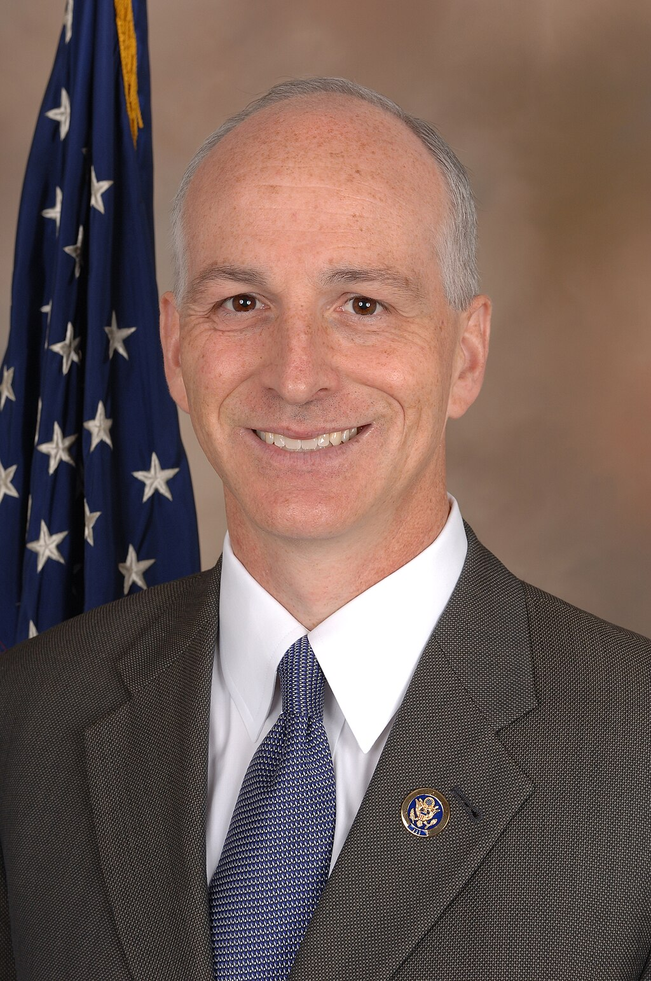
Co-Sponsor
-
TrackDale W. Strong
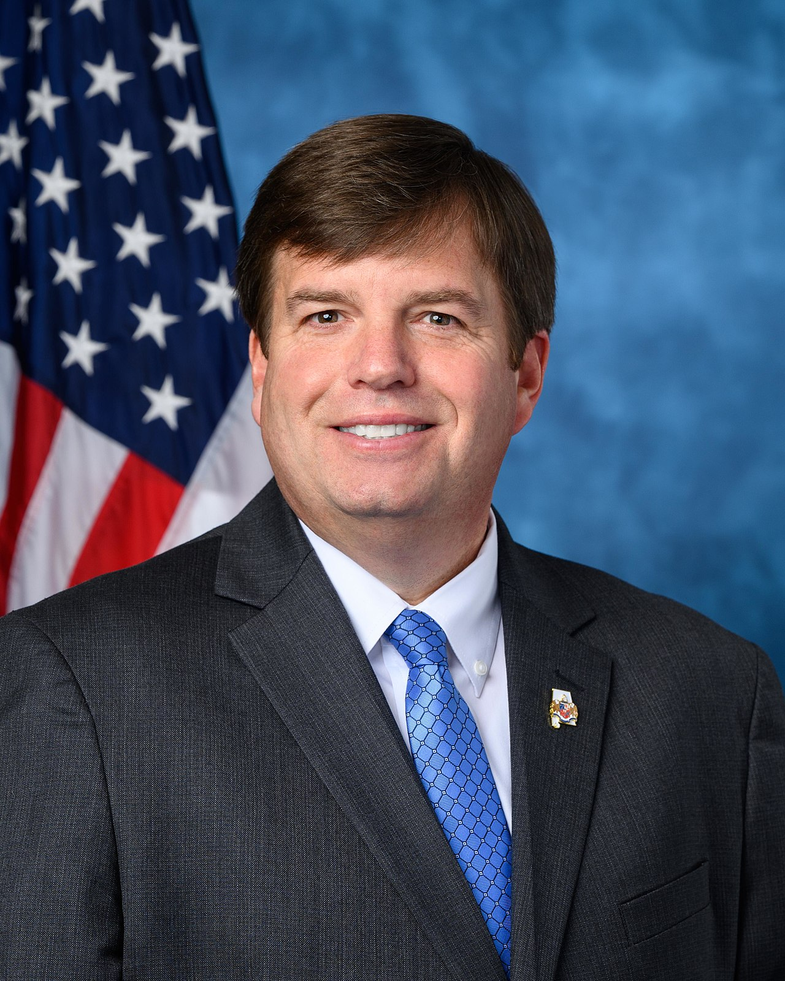
Co-Sponsor
-
TrackShri Thanedar

Co-Sponsor
-
TrackMichael R. Turner
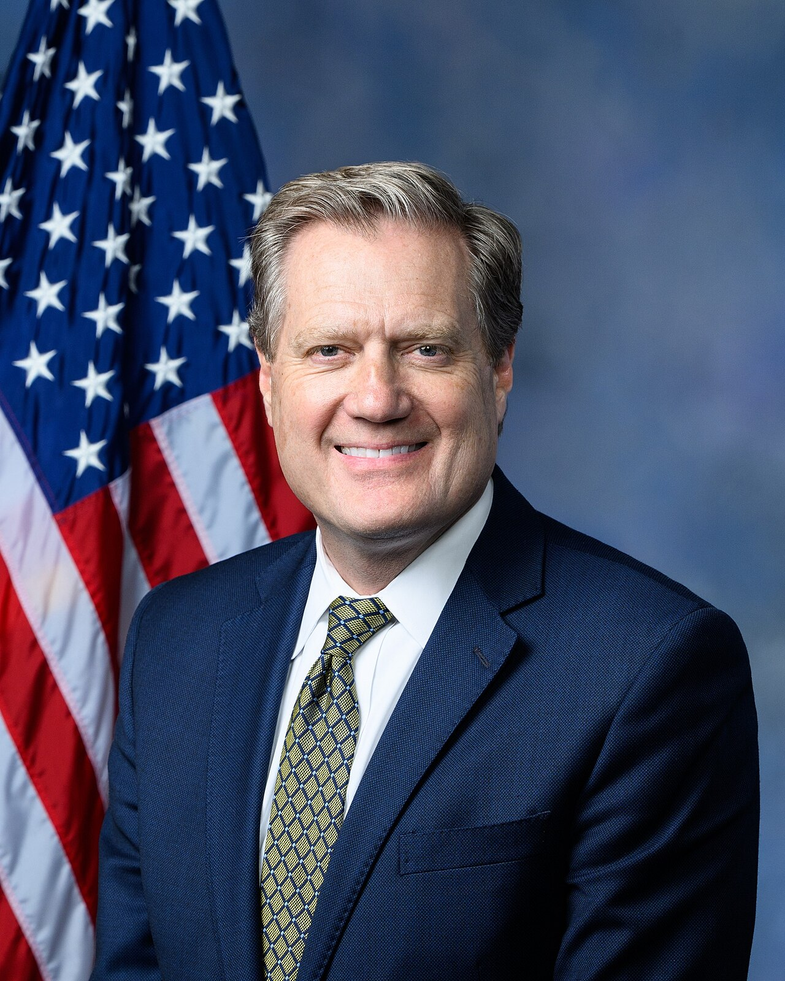
Co-Sponsor
-
TrackDavid G. Valadao
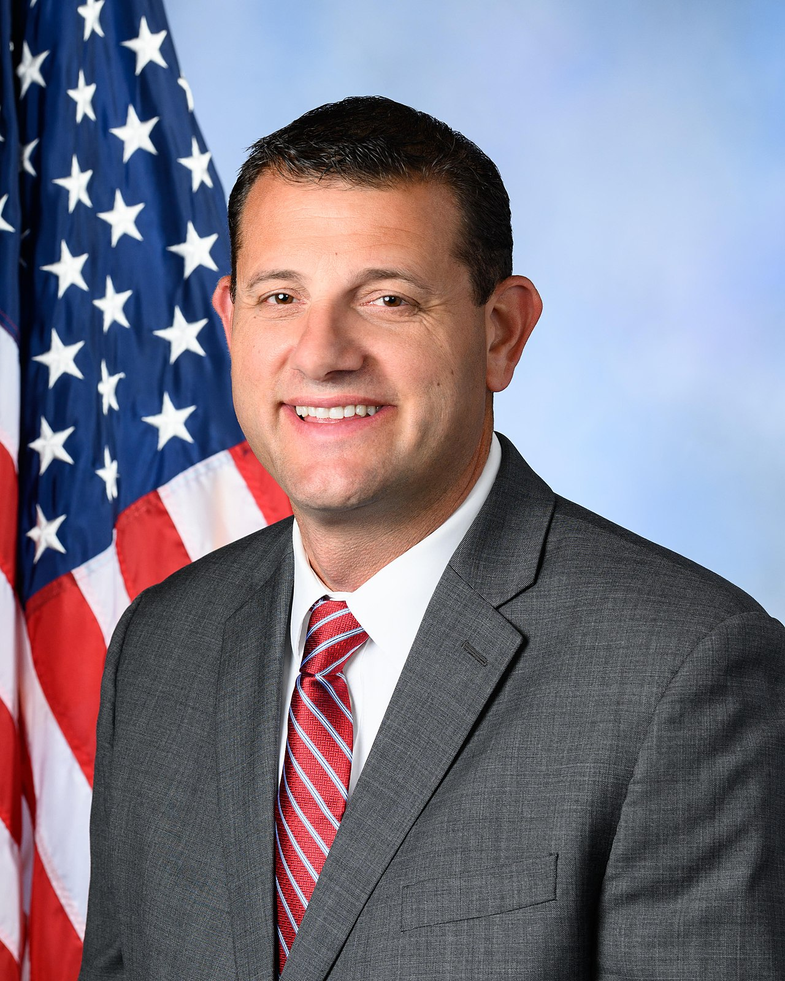
Co-Sponsor
-
TrackJefferson Van Drew
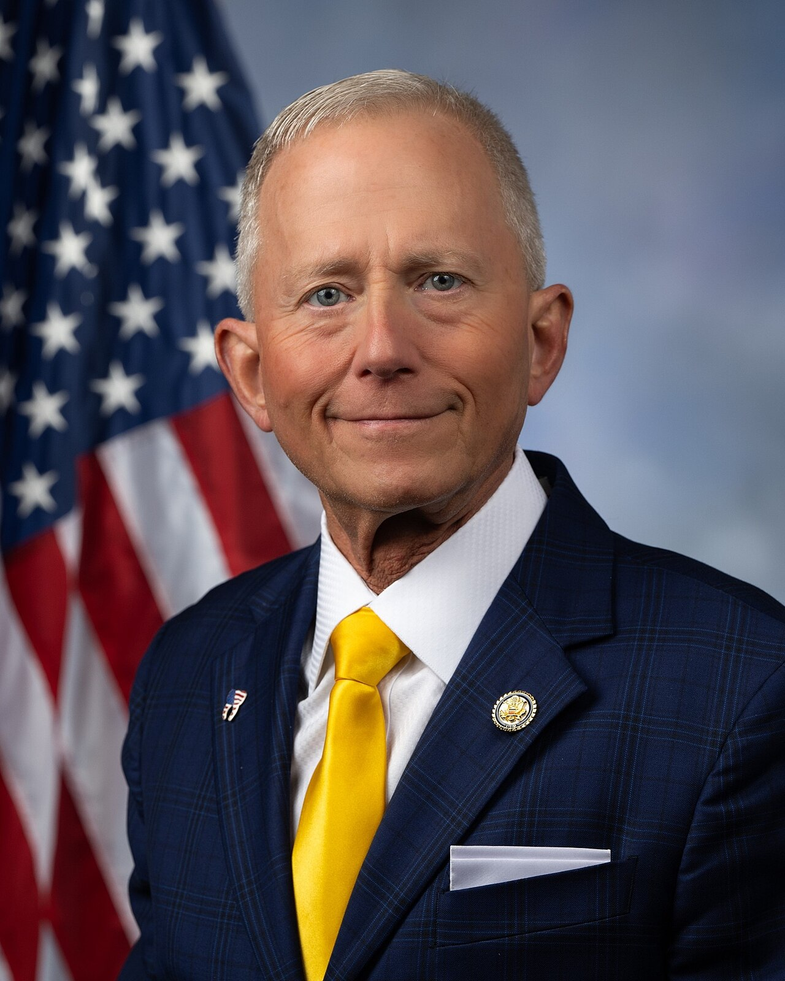
Co-Sponsor
-
TrackMarc A. Veasey
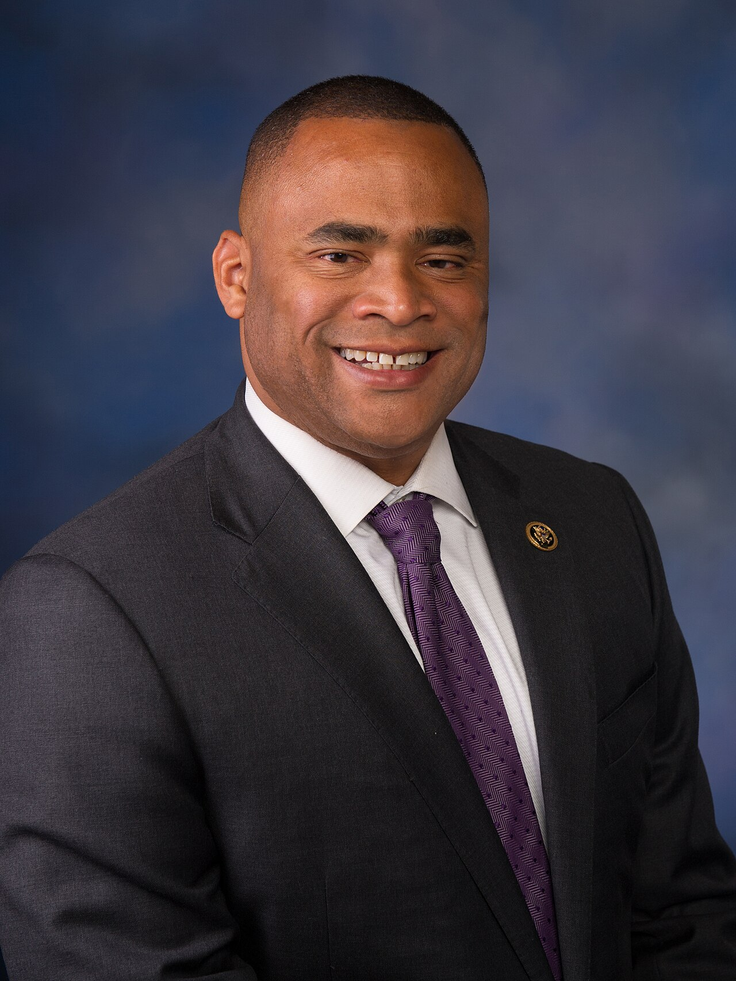
Co-Sponsor
-
TrackEugene Vindman
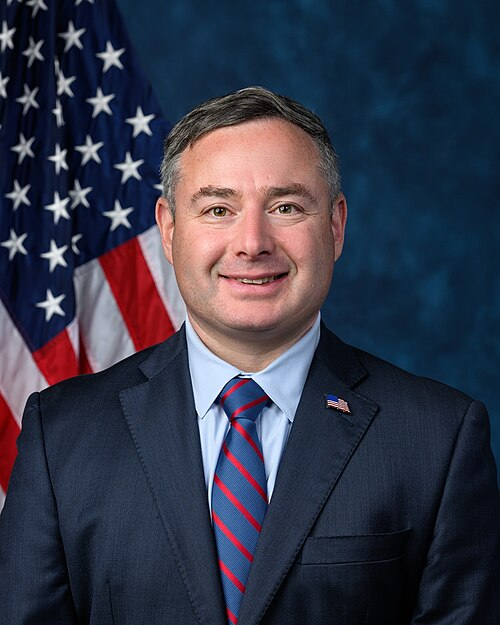
Co-Sponsor
-
TrackDebbie Wasserman Schultz
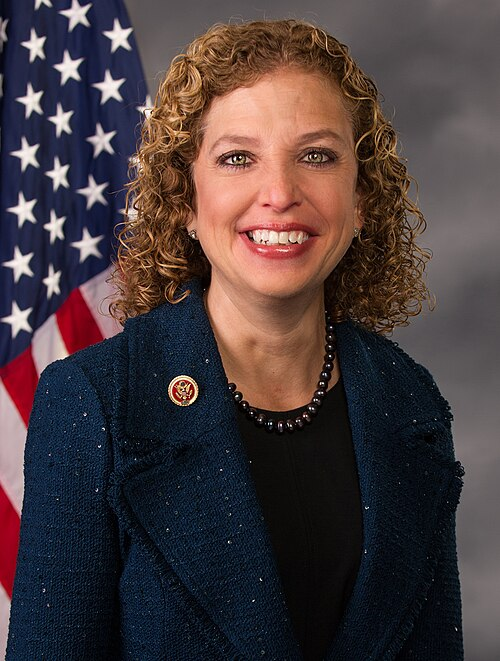
Co-Sponsor
-
TrackRandy K. Weber, Sr.
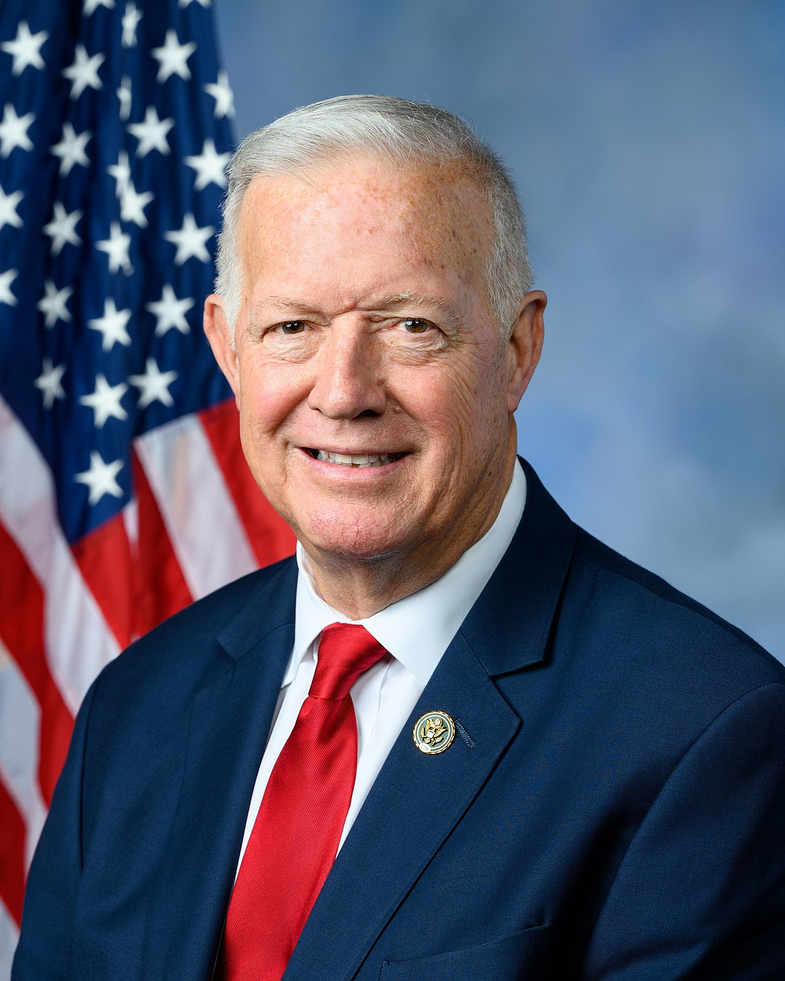
Co-Sponsor
-
TrackRobert J. Wittman

Co-Sponsor
Actions
3 actions
| Date | Action |
|---|---|
| Mar. 26, 2025 | Introduced in House |
| Mar. 26, 2025 | Referred to the House Committee on Homeland Security. |
| Mar. 26, 2025 | Referred to the Subcommittee on Transportation and Maritime Security. |












